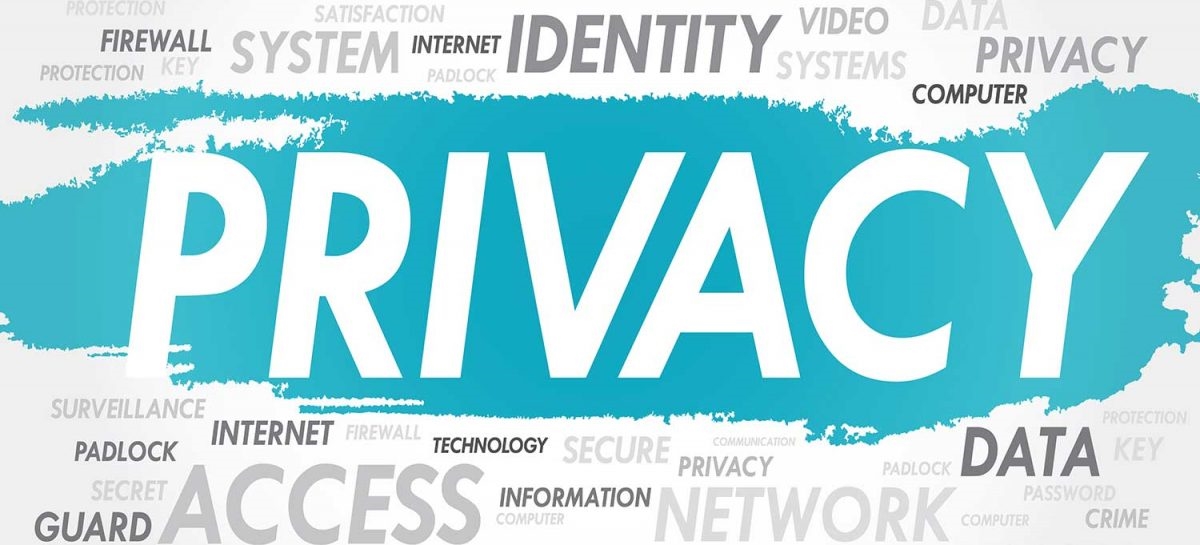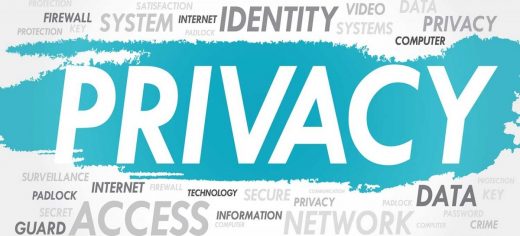Broadband Industry Fights To Block ‘Outlier’ Privacy Law
Broadband Industry Fights To Block ‘Outlier’ Privacy Law

Maine’s new broadband privacy law is “an extreme outlier,” industry lobbying groups are telling a federal judge.
The law, slated for enforcement in August, requires internet service providers to obtain customers’ opt-in consent before using web-browsing data for ad targeting.
A coalition of broadband lobbying groups sued in February to block the law, arguing that it violates carriers’ First Amendment rights by restricting their ability to use information about customers.
The NCTA — The Internet & Television Association and other lobbying groups argue in new court papers, filed Wednesday, that the Maine law “stands alone in subjecting ISPs — and no other speakers — to an onerous opt-in consent regime.”
In fact, the law largely recreates a set of nationwide privacy regulations passed by the Federal Communications Commission in October of 2016. Those rules also prohibited internet service providers from drawing on information about subscribers’ web activity for ad targeting.
“It is the consumer’s information. It is not the information of the network the consumer hires to deliver that information,” former FCC Chairman Tom Wheeler said the day the agency voted on the rules. “The consumer has the right to make a decision about how her or his information is used.”
In 2017, Congress revoked those rules. Maine passed its privacy law two years later.
Privacy advocates have long argued that broadband carriers should be subject to especially stringent privacy rules, given their comprehensive access to information about people’s web activity — including not only data about every unencrypted sites that people visit, but also metadata that reveals usage patterns.
Late last month, Maine Attorney General Aaron Frey filed papers defending the new law. He argues that broadband carriers “occupy a distinct position in Internet commerce,” noting that subscribers have no choice but to interact with a carrier every time they go online.
Outside groups including the ACLU, Electronic Frontier Foundation, Center for Democracy & Technology, Public Knowledge and the Knight First Amendment Institute at Columbia University are also supporting the law.
For its part, the broadband industry — which previously opposed the FCC’s privacy rules — contends that carriers shouldn’t be subjected to tougher standards than the so-called “edge” providers, like online publishers, search engines, video providers and social networking platforms.
The restrictions “single out ISPs’ speech … without regulating other speakers with access to the same or even more personal information, including edge providers, data brokers, and software developers, which are by far the dominant players in the market for targeted advertising,” the lobbying groups write in their latest court papers.
The broadband groups are asking U.S. District Court Judge Lance Walker in Bangor to declare the law unconstitutional and block its enforcement before August 1.
(20)


